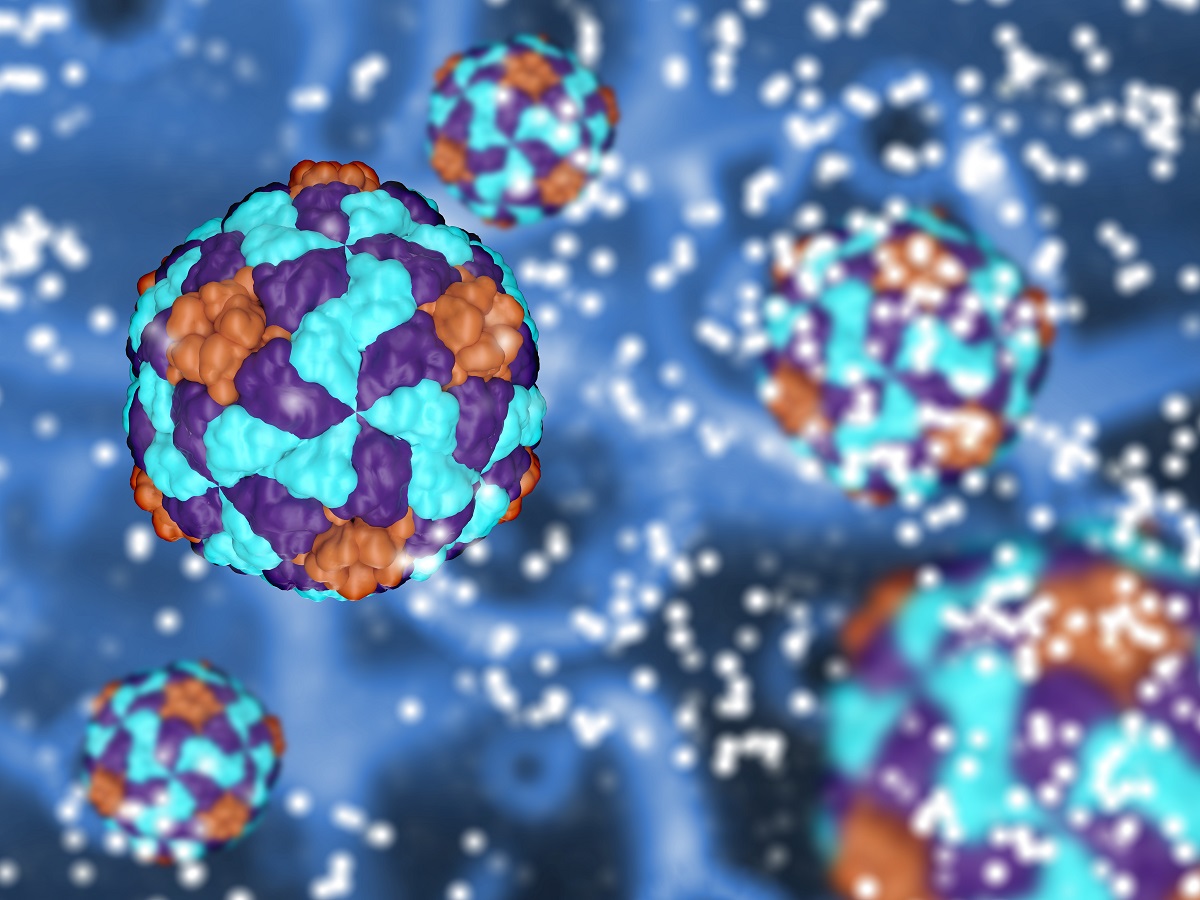KEY TAKEAWAYS
- The 2-THE-TOP phase II trial aimed to investigate the potential of combining TTFields, pembro, and maintenance TMZ in newly diagnosed GBM patients.
- The primary endpoint was to determine PFS.
- The combination was well-tolerated and showed promise for newly diagnosed GBM. Further molecular analysis is needed.
TTFields stimulate anti-tumor immunity in brain cancer by activating type-1 interferon (T1IFN) pathways, including the STING and AIM2 inflammasomes, and promoting immunogenic cell death. Consequently, glioblastoma multiforme (GBM) cells treated with TTFields offer a potential in situ vaccination platform, suggesting synergistic benefits with immune checkpoint inhibitors for extended survival in GBM patients.
David Tran and his research group aimed to investigate the potential of combining TTFields, pembrolizumab (pembro), and maintenance temozolomide(TMZ) in newly diagnosed GBM patients,exploring the potential in situ vaccination platform and synergistic effects with immune checkpoint inhibitors.
The study enrolled 26 newly diagnosed GBM patients, TTFields, pembro, and maintenance TMZ were combined. To distinguish immune effects, TTFields commenced with TMZ in cycle 1, while pembro (200 mg IV every 3 weeks) began in cycle 2. Primary endpoints were progression-free survival (PFS) compared to TTFields plus TMZ controls in the EF-14 study. Secondary endpoints included overall survival (OS), toxicity, and multiomics analyses of PBMCs and tumors to assess response signature and mechanism.
With a median age of 60.5 years, 54% undergoing biopsy or partial resection, and 73% having unmethylated MGMT, the study showed a median PFS of 12.0 months vs. 5.8 months in controls; (HR = 0.377, 95% CI: 0.217–0.653, P = 0.0026) and median OS of 24.8 months vs. 14.6 months in controls;(HR = 0.522, 95% CI: 0.301–0.905, P = 0.047). Residual tumor size correlated with response and survival, with 40% achieving partial to complete response. Thromboses, seizures, and metabolic disturbances were common serious adverse events (15%, 11.5%, and 7.7%, respectively).
Molecular analyses revealed T cell activation by TTFields, and the Spearman coefficient was -0.8 (P = 0.014), indicating a high correlation between TCRab clonal expansion and T1IFN responsive plasmacytoid dendritic cells. Furthermore, a T cell-based gene signature of TTFields effects was defined, and the top expanded TCRab clones’ ability to adapt to the tumor microenvironment (TME) strongly predicted the response to the triple combination in a Cox HR fit model for OS with a concordance rate of 0.876 (P = 0.031).
The well-tolerated triple combination showed promising efficacy in newly diagnosed GBM. Improved outcomes were observed in cases with bulky residual disease, aligning with the in-situ immunizing properties of TTFields, which synergize with pembro. Additional molecular analyses are pending. Research is sponsored by University of Florida.
Source: https://jitc.bmj.com/content/11/Suppl_1/A661
Clinical Trial: https://clinicaltrials.gov/study/NCT03405792
Tran D, Ghiaseddin A, Chen D, et al.(2023) ‘’Final analysis of 2-THE-TOP: a phase 2 study of TTFields (Optune) plus pembrolizumab plus maintenance temozolomide (TMZ) in patients with newly diagnosed glioblastoma.’’ Presented at SITC 2023 (581).



